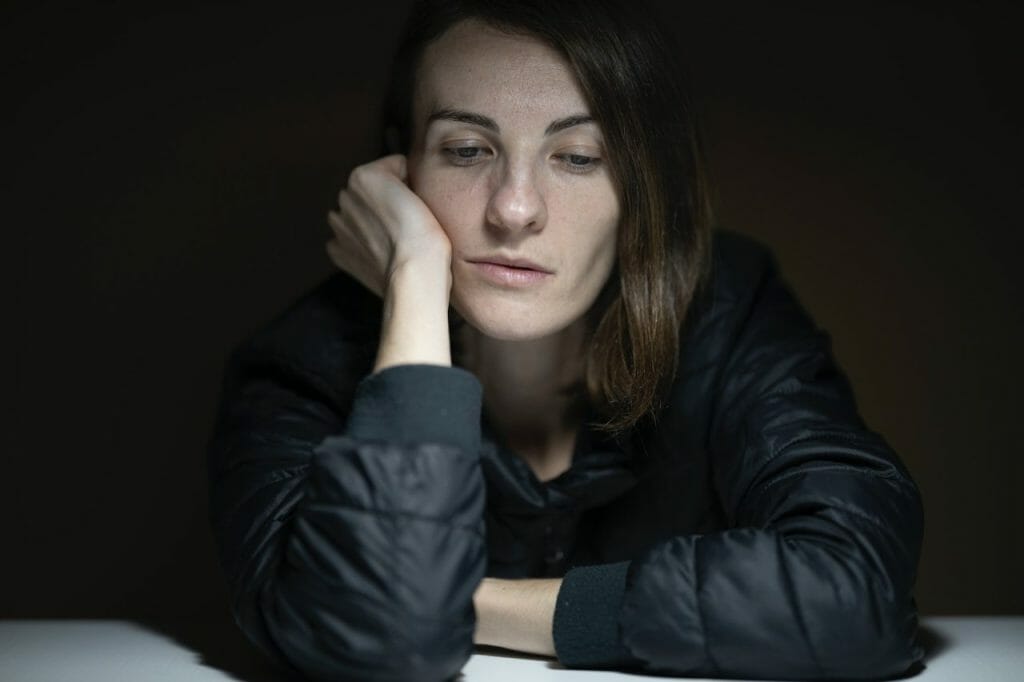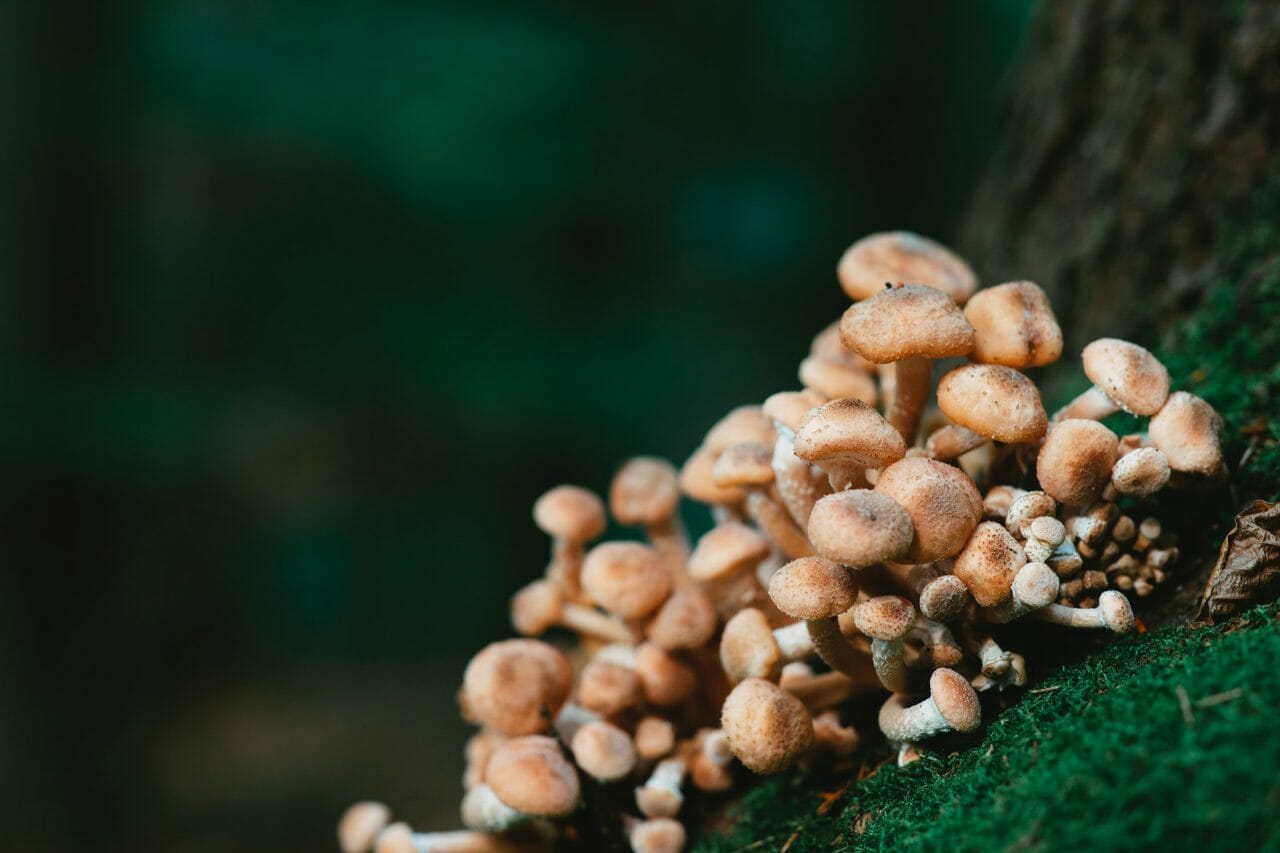The World Health Organization (WHO) has reported that over 264 million people worldwide are affected by depression.
Even though conventional treatments can be beneficial, they sometimes do not fully address the complex nature of depression. This shortcoming has led to the exploration of alternative therapies. One such alternative that is gaining traction in both scientific and public spheres is using psilocybin-containing mushrooms, obtained from a mushroom dispensary, for treating depression.
Let’s delve into the world of mushroom dispensaries, their contribution to treating depression, and the compelling statistics that underscore their potential to revolutionize our treatment approach to this significant global mental health concern.
Key Takeaways:
- Mushroom dispensaries offer alternative depression treatments with psilocybin-rich mushrooms.
- Research suggests that psilocybin can result in substantial and enduring alleviation of depression symptoms.
- Psilocybin therapy is part of a rising trend that’s reshaping mental health care.

Understanding Psilocybin and its Therapeutic Uses
Psilocybin is a natural substance found in specific types of mushrooms, commonly referred to as “magic mushrooms.” When ingested, the body turns psilocybin into psilocin, which interacts with the brain’s serotonin receptors. This interaction initiates significant shifts in perception, mood, and consciousness, generally associated with psilocybin use.
Research into psilocybin’s potential as a treatment for depression has yielded impressive findings. Clinical trials and studies have shown that a single, well-controlled psilocybin dose can result in marked decreases in depressive symptoms. Patients have reported profound and sustained improvements in their mental health and overall quality of life.
These findings have prompted growing interest and investment in studying psilocybin as a novel depression treatment alternative, particularly for those who have not responded well to conventional therapies.
Encouraging Results in Depression Treatment with Magic Mushrooms
DispensariesMagic mushrooms, also known as psilocybin mushrooms, are gaining recognition for their potential to alleviate depressive symptoms. Let’s explore various types of magic mushrooms and their possible positive effects on depression.
| Magic Mushroom Type | Description | Potential Depression Benefits |
| Golden Teacher | A favored psilocybin mushroom recognized by its golden cap. | It may lessen depressive symptoms and boost emotional health. This species can foster introspection and self-reflection, potentially helping individuals gain new insights on their depression. Some users convey feelings of unity and interconnectedness, which can tackle the isolation often associated with depression. |
| Psilocybe Cubensis | One of the most common species of magic mushrooms. | It is reputed to stimulate positive mood changes and shifts in life views. It may enhance emotional processing and aid individuals in addressing their depression’s root causes. The altered mentality it brings about may assist users in breaking free from fixed thought patterns, fostering a more optimistic mindset. |
| B+ | Identified by its large, bulbous fruiting bodies. | It could induce significant, enduring reductions in depressive symptoms. Users often note gaining clearer understanding and awareness of their emotional state and life circumstances. The therapeutic journey might help in releasing suppressed emotions and trauma, providing relief from depression. |
| Liberty Cap | Small, conical mushrooms found in various locales. | They’re reported to create intense emotional experiences that can positively influence depression. During Liberty Cap sessions, users report heightened sensitivity and empathy, fostering emotional healing and connection. The immersive, profound psychedelic journey may help individuals understand the origin of their depression. |
| Penis Envy | Notable for its unique, phallic-like shape. | It’s associated with deep insights and changes in depressive thought patterns. Users often mention experiencing ego dissolution, which allows them to address their depression without the constraints of their usual identity. The intensity of the experience may lead to therapeutic breakthroughs, resulting in lasting improvements in mental health. |
| Blue Meanie | A potent strain distinguished by its bluish hue. | It is believed to have a soothing and calming impact on the mind, potentially reducing symptoms of anxiety and depression. Many users have reported reaching a state of internal peace and emotional release during Blue Meanie experiences, which could potentially improve mental health. This strain, renowned for its mild yet introspective properties, might be particularly suitable for those seeking a less intense psychedelic experience for therapeutic purposes. |
The Role of Magic Mushroom Dispensaries in Depression Treatment
Magic mushroom dispensaries, or stores, play a significant role in depression treatment. They provide a controlled and regulated environment for those seeking potential therapeutic solutions.
The Function of Health Canada
In Canada, Health Canada is the federal authority responsible for ensuring the safety, effectiveness, and quality of therapeutic products, including psilocybin found in magic mushrooms.
Authorization of Therapeutic Products
Recently, Health Canada has granted exceptions and approvals for the use of psilocybin in certain clinical and research situations for specific medical conditions, including depression. This policy shift indicates a growing recognition of the possible therapeutic uses of psilocybin.
Potential Therapeutic Uses
Magic mushroom stores present a potentially new and hopeful therapeutic approach for people suffering from depression. With the appropriate authorization and under certain conditions, individuals can use psilocybin therapy to alleviate depression symptoms.
A Regulated and Supervised Environment
Magic mushroom dispensaries provide a regulated and supervised environment for those exploring psilocybin therapy, ensuring the experience is conducted safely under the guidance of qualified professionals.
Compliance with Health Canada Regulations
Dispensaries must adhere to Health Canada’s regulations and guidelines when providing psilocybin-based products for therapeutic uses. They play a critical role in ensuring adherence and that therapy is conducted responsibly and ethically.
Navigating Psilocybin Therapy Through a Mushroom Shop
Embarking on psilocybin therapy through a mushroom shop could be a potentially transformative and beneficial journey. However, it’s crucial to navigate this process with responsibility and care. Here are some recommendations for managing this process:
- In-depth Research: Initiate your journey by performing an exhaustive investigation on psilocybin therapy and the specific mushroom store you’re considering visiting.
- Seek Professional Advice: Before contemplating psilocybin therapy, consult with a mental health specialist or a therapist experienced in psychedelic-aided treatment. They can assess your suitability for this therapy and provide beneficial guidance.
- Choose a Trustworthy Store: Look for customer reviews, certifications, and evidence of compliance with local regulations.
- Understand the Process: Familiarize yourself with the entire therapy process, from the preparation stage, the psychedelic journey, to the post-session integration. Knowing what to expect can reduce apprehension and enhance therapeutic outcomes.
- Prepare Mentally and Emotionally: Prepare yourself mentally and emotionally for the experience. Set clear goals for your therapy session, and brace yourself to encounter challenging emotions or thoughts that may arise.
- Ensure a Safe Environment: Make sure that the mushroom store provides a secure and comfortable environment for your therapy session. This should include appropriate lighting, music, and the presence of trained staff to assist if needed.
- Follow Dosage Instructions: Adhere to the dosage recommendations from the mushroom store or your healthcare professional. Avoid self-dosing or intake of unfamiliar substances, as this can be hazardous.
In Conclusion
Mushroom stores offering psilocybin therapy have emerged as an encouraging alternative for treating depression. Despite the diverse legal and regulatory landscapes surrounding these stores, an escalating body of research and actual experiences emphasize their potential to alleviate depressive symptoms and provide individuals with new perspectives on their mental health.
As the field of psychedelic-assisted therapy continues to evolve, the role mushroom stores play in transforming the landscape of depression treatment brings hope to those seeking innovative mental health solutions.
Frequently Asked Questions
How can I find a reliable mushroom store for depression treatment?
To find a reliable mushroom store, thorough research is crucial. Look for stores that adhere to local regulations and safety protocols. Seek advice from
Consult with healthcare professionals or individuals with successful experiences when selecting a dispensary. Ensure the dispensary has the necessary credentials, including trained facilitators and a commitment to ethical practices.
How long do the therapeutic effects of psilocybin therapy last in depression treatment?
The therapeutic effects of psilocybin therapy in treating depression vary among individuals. Some people may experience immediate relief, while others may notice gradual improvements. Research indicates that the benefits can last for several weeks to months after a single session. The duration of these effects may also be influenced by the integration and ongoing support.
Can psilocybin therapy be used independently in depression treatment, or is it necessary to pair it with other therapies?
Psilocybin therapy is generally incorporated into a comprehensive plan for treating depression. It may be combined with traditional therapies such as psychotherapy, counselling, or medication to enhance its effectiveness. The choice of treatment methods should be customized to the individual’s needs and based on the advice of healthcare professionals.
What other types of magic mushroom products are available for treating depression?
In addition to conventional magic mushrooms, other magic mushroom products for depression treatment include psilocybin microdosing capsules, psilocybin-infused edibles like chocolates or gummies, liquid extracts or tinctures, and psilocybin nasal sprays. These alternative psilocybin delivery methods provide a variety of dosing options and administration methods, including precise microdosing for subtle mood enhancement.
Related Article:





